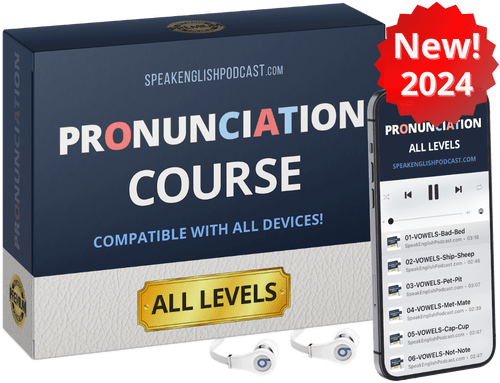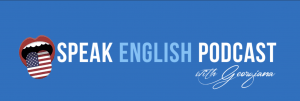Transcript:
Today, we will keep exploring and learning more about expressing larger amounts.
When we want to talk about more significant quantities, we can use different words and expressions. These terms can indicate having more of something or a significant amount.
When referring to small amounts, we use words like: “a little” or “a few.”
And when it comes to large quantities, we can use words like “a lot,” “many,” or “plenty.”
Let’s practice with a few examples.
For example, instead of saying, “I have a few books,” you can say:
I have a lot of books.
I have many books.
Let’s imagine we want to express a large quantity without specifying an exact number.
Here, we can use words like “numerous,” “countless,” or “a great number of.” These terms indicate a large quantity, even if an exact number is not specified.
For example, instead of saying, “There are a few birds in the sky,” you can say:
There are numerous birds in the sky.
There are countless birds in the sky.
There are a great number of birds in the sky.
Great! Let’s continue!
“If you have a lot of something, you might use the word ‘multiple.’
For example, if you’re discussing an online shopping order, you might say:
I ordered multiple items on Amazon, but they all arrived separately. (It’s like having a relationship with a delivery driver who just can’t commit.)
If you’re sharing a funny story about a doctor’s visit, you could say:
According to my doctor, I have multiple personalities. Now, I can finally put the blame on someone else for my mistakes!
Ok! Let’s continue!
When we want to highlight a very large amount, we can use phrases like “a huge amount of,” “a significant number of,” or “a vast quantity of.”
So, you can say:
The company invested a huge amount of money in research and development to create a groundbreaking new product.
According to a recent survey, a significant number of students prefer learning through the Internet.
The library had a vast quantity of books, with rows upon rows of shelves filled from top to bottom.
If you have more than you need of something, you could use words like ‘plenty,’ ‘lavish,’ ‘overflowing,’ ‘teeming,’ ‘replete,’ ‘brimming,’ ‘packed,’ or ‘jam-packed.’
‘Plenty‘ means more than enough. For example:
There was plenty of food at the picnic. There were sandwiches, fruits, cookies, and more.
[END OF THE EXTRACT]
Resources:
- Audio MP3 (right-click to save the audio)
- FULL-TEXT PDF (right-click to save the TEXT)
Recommended Material:




0 Comments